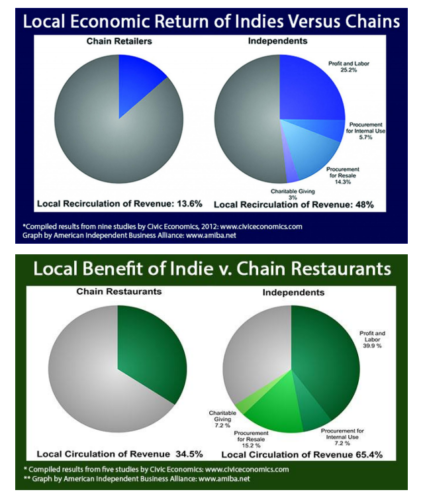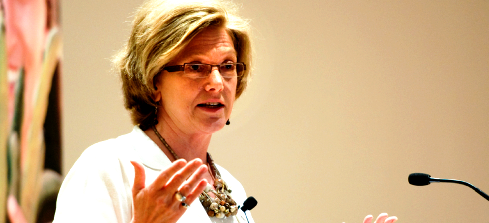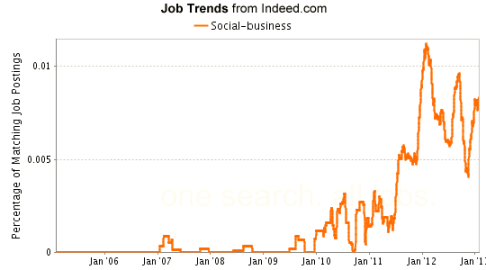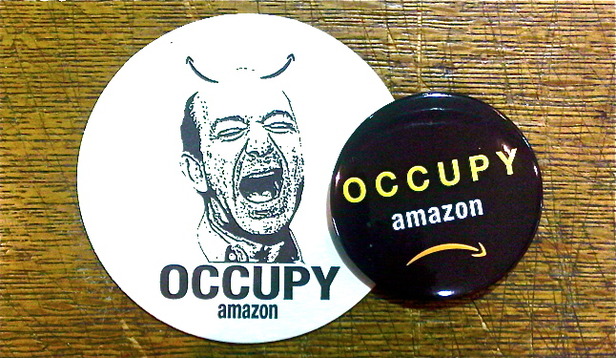By Jeff Milchen, with thanks to Stacy Mitchell.
Clearly communicating the importance of the local economic multiplier effect or “local premium” is a key part of effective “buy local” public education campaigns. The multiplier results from the fact that independent locally owned businesses recirculate a far greater percentage of revenue compared to absentee-owned businesses (or locally owned franchises). In other words, going local creates more local wealth and jobs.
The multiplier consists of three elements — the direct, indirect, and induced impacts.
- Direct impact is spending done by a business in the local economy to operate the business, such as inventory, utilities, equipment, and employee pay.
- Indirect impact happens as dollars the local business spent at other area businesses.
- Induced impact refers to the additional consumer spending that happens as employees, business owners, and others spend their income in the local economy.
Private research firm Civic Economics has executed many studies quantifying the difference in local economic return between local independents and chain businesses. One such study in Austin, Texas showed an independent bookseller and music seller returned 3x as much money to the local economy as a proposed Borders Books and Music outlet would. The Austin Independent Business Alliance successfully used the study to rally opposition against a City-planned subsidy to attract a Borders Books and Music store.
Those results have been mirrored by subsequent studies (ten years of studies are summarized here), each showing a much greater local multiplier for spending at independent businesses than chains. These studies measured the direct and indirect impacts to determine the base level local economic activity of a purchase made at a chain and a local independent business.
On average, 48% of each purchase at local independent businesses was recirculated locally, compared to less than 14% of purchases at chain stores.
The Institute for Local Self-Reliance conducted a study of the local multiplier effect in several small Maine communities in 2003. The study examined how much of a dollar spent at a local independent store is re-spent in the local area as payroll, goods/services purchased from area businesses, profits spent locally by owners, and donations to area charities. The study found that every $100 spent locally generated $45 of secondary local spending, compared to only $14 for a big-box chains — nearly identical to later results across the decade of Civic Economics studies.
Key Points
One study by Civic Economics has been the source of much confusion misrepresentation, to the detriment of many organizations. The study of Chicago’s Andersonville neighborhood found a total economic impact (i.e., direct, indirect, and induced) of $0.68 for each dollar spent at 10 local independents, compared to $0.43 for chain competitors. However, the projection of indirect and induced impacts does not mean $0.68 of each dollar spent at a local independent “stays” in the local economy, a widely spread inaccurate claim. It means $0.68 of additional local economic return is generated after additional spending cycles. Citing the higher numbers without including an explanation is wrong.
The Andersonville study examines just 10 businesses in one neighborhood of a large city, so we discourage extrapolating its findings too broadly. Businesses in smaller cities and towns typically have less ability to source many goods and services locally.
Be careful not to undermine the credibility of your group or campaign by presenting apples as oranges or statistically insignificant samples as a general truth! To gain respect as an authoritative voice within your community, we suggest you guard your credibility by checking your materials to ensure they convey verifiable, accurately worded information and only rely on primary sources.
Stickiness
In addition to being accurate, make sure your message is memorable. Saying, “Independent retailers return more than 3x as much money per dollar of sales than chain competitors,” is more memorable than talking in terms of percentages or comparing $0.48 to $0.15. For restaurants, consider messages such as, “Per dollar of revenue, locally owned independent restaurants return twice as much to our local economy than chain restaurants.”
Buying remotely on the web creates almost no local benefit, only minutes of work for a delivery person. Calculating the added local wealth that would be generated by a 10% shift to local independents is one tactic successfully employed by several communities.
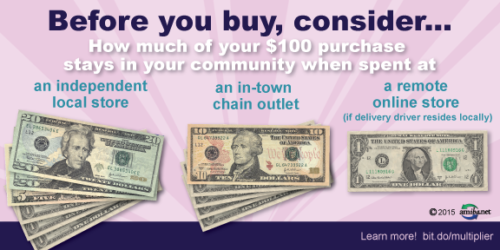
Study Variants
The size of the local premium varies depending on the type of business. Restaurants and service providers generate a large multiplier because they are labor-intensive and more of each dollar of revenue goes to local payroll. Most retailers, unless they source an exceptionally high percentage of their goods locally, also create a more modest multiplier than restaurants.
This is not to say restaurants are better for economic development than retail. May retailers have sizable revenue and professional job opportunities, which are important to any local economy. It’s just helpful to be aware of these differences because the mix of businesses involved in a particular study will influence the results.
Land Use
In 2009, Stay Local! in New Orleans commissioned Civic Economics to evaluate economic return per square foot of retail space used by both local merchants and Target Corporation. The local merchants studied generated twice as much sales activity per square foot and nearly quadrupled the local economic return per square foot compared to projections for Target.
Quantifying Shifts in Spending
To gauge the overall impact on your local economy of shifting 10% of purchasing from absentee-owned to locally owned businesses, you would need to know the local multiplier for each category of spending and the percentage of peoples’ spending in each category. (e.g., 20% goes to groceries and the grocery multiplier is 0.15 or 5% goes to books and the local multiplier is 0.32).

